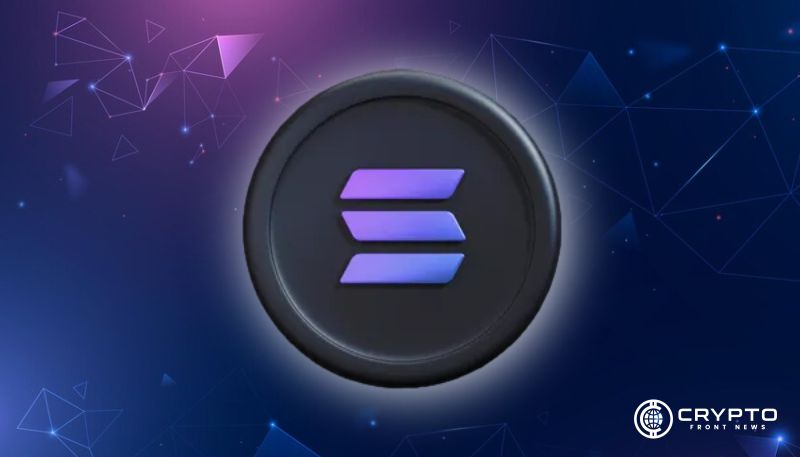- 8 asset managers updated Solana ETF filings with staking and custody details.
- Updates allow both cash and in-kind redemptions for ETF investors.
- Marinade Finance confirmed as a staking provider for at least two years.
Top asset managers including VanEck, Franklin Templeton, Fidelity, and Grayscale have updated their filings for spot Solana ETFs. The revised drafts expand staking, custody, and redemption terms, showing continued engagement with the U.S. Securities and Exchange Commission. The synchronized filings signal growing institutional interest in regulated Solana investment products.
Revisions Signal Active Engagement
Several major asset managers, including VanEck, Franklin, Fidelity, Grayscale, and 21Shares, updated their spot Solana ETF filings on Friday. The updates come one week after similar changes were made to XRP ETF filings by many of the same firms.
The revisions center on redemption terms, with amendments allowing both cash and in-kind redemptions. This enables ETF shares to be redeemed either for cash or the underlying cryptocurrency. Bloomberg ETF analyst James Seyffart noted that the coordinated filings “likely just indicate positive back and forth between these issuers and the SEC.”
The growing number of amendments reflects continuing dialogue between issuers and regulators. While no timeline for approval has been given, the consistent updates point to sustained engagement from both sides.
Staking, Custody, and Risk Adjustments
A key addition in the filings is the confirmation that Marinade Finance will serve as the exclusive staking provider for at least two years. Staking rewards will be reinvested after fees to support the ETF’s net asset value. The filings also mention Marinade’s instant unbonding feature, which provides redemption liquidity without waiting for Solana’s cycle times.
Custody frameworks have been expanded, detailing how holdings will be split between hot and cold wallets. The custodian will control all private keys, ensuring investors do not handle tokens directly. The documents emphasize that custody risks, including slashing or validator failures, remain possible.
The updated drafts also broaden risk disclosures and introduce tax language. The fund will aim for grantor trust treatment under U.S. tax law, though it acknowledges uncertainty around the taxation of staking rewards. Transparency will be improved with daily publication of net asset value, holdings, and pricing data.





